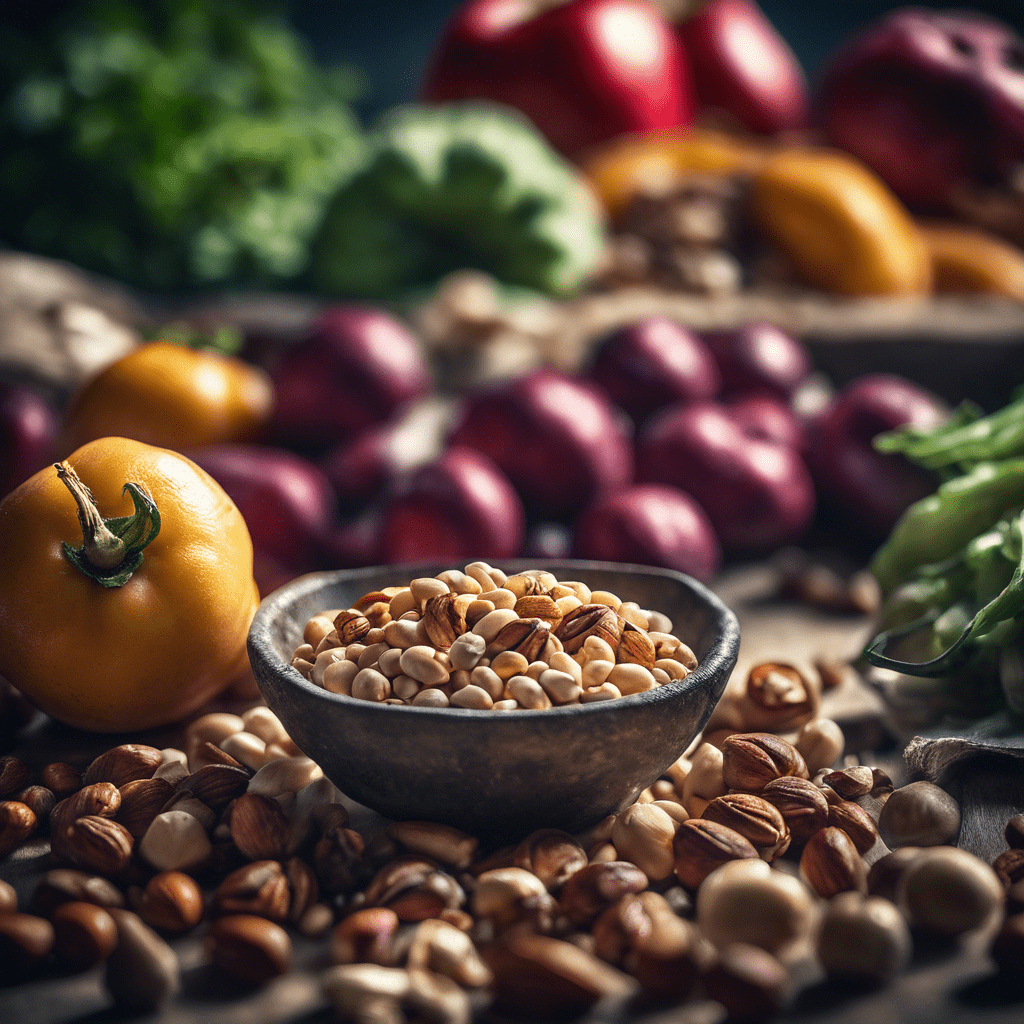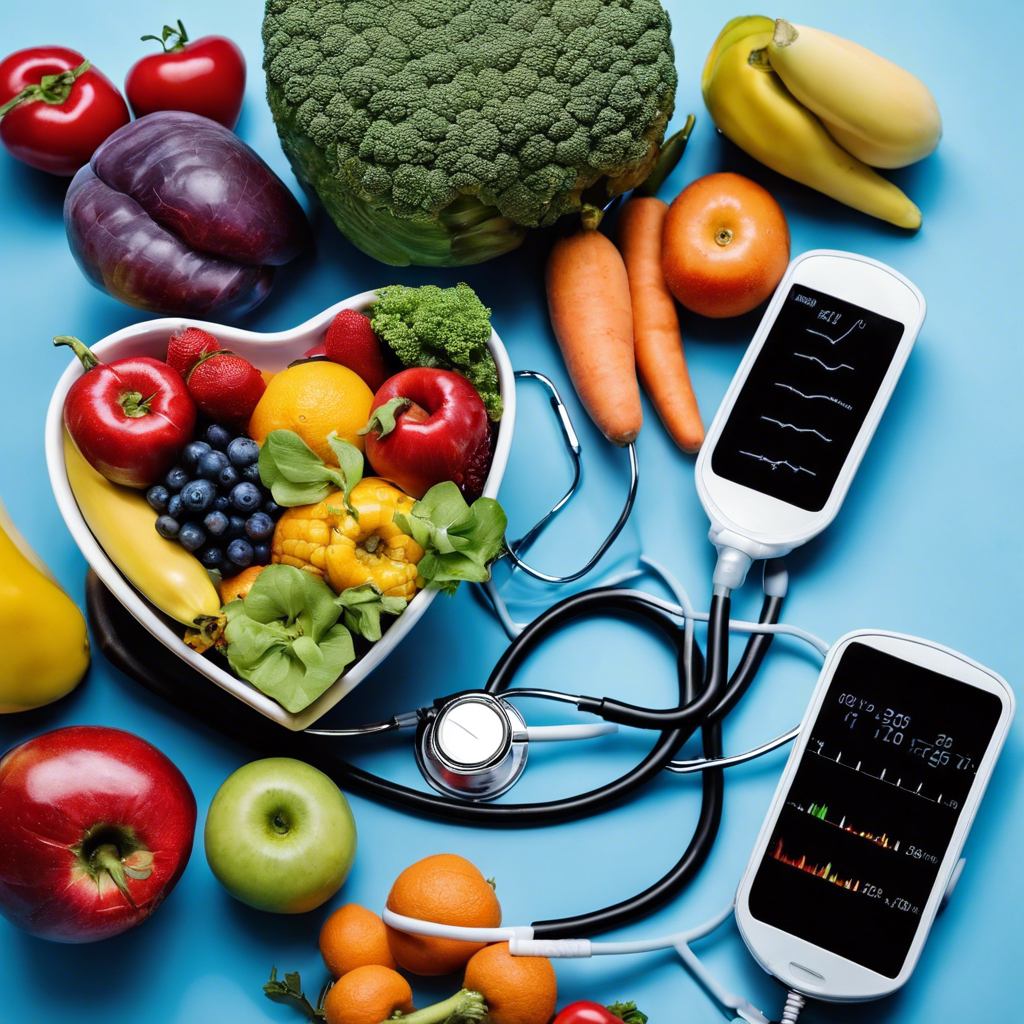Imagine a world where you could enjoy delicious meals while simultaneously boosting your heart health and potentially adding years to your life. Sound too good to be true?
The potential health benefits of adopting a vegan diet continue to capture the interest of researchers and health enthusiasts alike. A recent groundbreaking study conducted by Stanford Medicine has added compelling evidence to the growing body of literature supporting the positive impact of plant-based eating on cardiovascular health.
In this innovative study, scientists employed a clever twin study design to eliminate genetic influences. They paired 22 sets of twins and assigned one from each pair to follow either a vegan or an omnivorous diet for eight weeks. The results were striking and hard to ignore.
Benefits of a Vegan Diet
Improved Cardiovascular Health
Within just one month of following a vegan diet, the participants experienced significant improvements in key markers of cardiovascular health compared to their omnivorous counterparts. Notably, they exhibited substantially lower levels of LDL cholesterol, often referred to as “bad” cholesterol, as well as reduced insulin levels, a risk factor for developing diabetes. Remarkably, the vegan twins also lost more body weight over the course of the study.
Professor Christopher Gardner, who led the research, summed up the findings eloquently: “Based on these results and thinking about longevity, most of us would benefit from going to a more plant-based diet.”

Other Benefits
The Stanford study adds to an ever-growing body of evidence highlighting the potential advantages of embracing a vegan lifestyle. Just last year, researchers at Madrid’s esteemed Research Institute on Food and Health Sciences established a link between vegan diets and lower blood pressure levels, a key factor in maintaining overall cardiovascular health.
Moreover, recent studies have demonstrated the efficacy of vegan diets for weight management and reducing inflammation, a condition associated with numerous chronic health issues. The mechanisms underlying these benefits are multifaceted, but experts suggest that the high fiber content, low saturated fat levels, and generally lower calorie density of plant-based diets play a significant role.
As Bridget Benelam, a nutrition scientist at the British Nutrition Foundation, explains, “Following a healthy vegan diet will provide plenty of fruit, vegetables, pulses, grains, nuts and seeds, be high in fiber and low in saturated fat. These are all known to have beneficial impacts on heart-related risk factors. They are also likely to have a lower calorie density, encouraging lower calorie intakes.”
Understanding the Mechanisms Behind the Benefits
While the impressive health advantages of a vegan diet are well-documented, the precise mechanisms underlying these benefits are still being unraveled by researchers. However, one thing is clear: the nutritional composition of a well-planned plant-based diet plays a crucial role.
As Bridget Benelam, a nutrition scientist at the British Nutrition Foundation, explains, “Following a healthy vegan diet will provide plenty of fruit, vegetables, pulses, grains, nuts and seeds, be high in fiber and low in saturated fat.” This combination of nutrients is known to have a favorable impact on heart-related risk factors, thanks to the abundance of fiber and the absence of artery-clogging saturated fats.
Additionally, vegan diets tend to have a lower calorie density, which can encourage lower calorie intake and promote healthy weight management. The role of maintaining a healthy weight cannot be overstated, as excess body weight is a significant risk factor for numerous chronic health conditions, including heart disease, type 2 diabetes, and certain types of cancer.
What is a Vegan Diet?
At its core, a vegan diet is a plant-based way of eating that excludes all animal products, including meat, seafood, eggs, dairy, and honey. This may seem like a daunting prospect for those accustomed to a more conventional diet, but fear not – the world of vegan cuisine is rich, diverse, and incredibly flavorful.
It’s important to note that certain beverages, such as some types of beer, wine, and cider, may not be considered vegan due to the use of animal-derived products like isinglass (made from fish bladders), gelatin (derived from animal bones, cartilage, and skin), or casein (a milk by-product) during the filtration process. However, for those motivated primarily by the health benefits of veganism rather than ethical considerations, these products may not be a significant concern.
Embracing a vegan lifestyle is about much more than simply removing animal products from your diet. It’s about discovering a world of plant-based culinary delights, where vegetables, fruits, whole grains, legumes, nuts, and seeds take center stage. By focusing on the abundance of vibrant, nutrient-dense foods available, rather than dwelling on perceived limitations, the transition to a vegan diet can become an exciting and fulfilling journey.

Transitioning to a Vegan Diet
For those considering making the leap to a plant-based lifestyle, the prospect of overhauling one’s diet can seem daunting. However, with a gradual and mindful approach, the transition can be both seamless and enjoyable.
Experts recommend easing into veganism by starting with just one vegan meal per day. This allows you to experiment with plant-based recipes and discover new flavors at your own pace. Katy Beskow, author of numerous vegan cookbooks, suggests “veganizing” family favorites like cottage pie, lasagna, chili, and spaghetti Bolognese by swapping meat for lentils, mashed tofu, or ready-made vegan mince.
As you embark on your vegan journey, your local grocery store will become a treasure trove of plant-based delights. Keep an eye out for “accidentally vegan” products – items that are naturally free of animal-derived ingredients, like most dried pasta, bread, nut butters, and even some baked goods. Additionally, explore the ever-expanding range of vegan substitutes for milk, butter, cheese, and more, allowing you to recreate beloved dishes with a plant-based twist.
Ensuring Nutritional Adequacy
While a well-planned vegan diet can be incredibly nutritious, it’s essential to be mindful of potential nutrient deficiencies. Vitamin B12, for instance, is primarily found in animal-sourced foods, making supplementation or fortified foods a necessity for vegans.
Iron, calcium, and iodine are also nutrients that require special attention on a plant-based diet. However, with a balanced and varied intake of whole plant foods, fortified products, and judicious use of supplements when needed, vegans can easily meet their nutritional requirements.
Final Thoughts
Embracing a vegan lifestyle is not just a dietary choice – it’s a pathway to optimal health and vitality. By nourishing your body with the abundance of whole, plant-based foods, you can reap the rewards of improved cardiovascular function, better weight management, and reduced inflammation.
Remember, going vegan is a journey, not a destination. If you stumble along the way or inadvertently consume a non-vegan item, simply chalk it up to experience and continue forward. Progress, not perfection, is the goal.
Ultimately, a well-planned vegan diet offers a world of culinary possibilities and the potential for a lifetime of vibrant health. By surrounding yourself with a supportive community, exploring new recipes, and embracing the philosophy of plant-based living, you can embark on a transformative journey that will nourish your body, mind, and soul.
